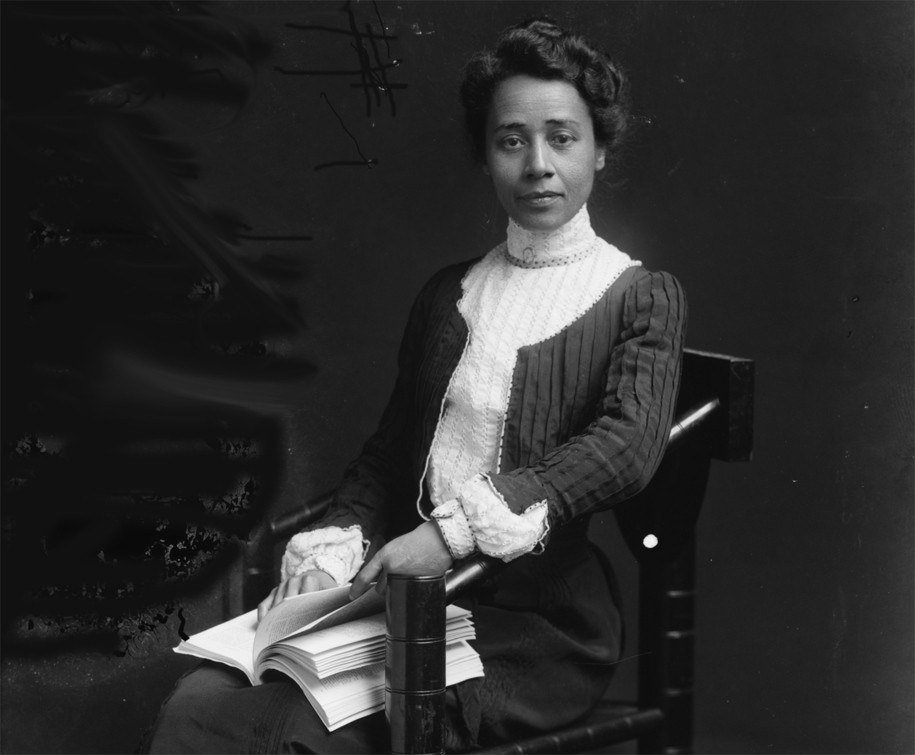The founding mother of black feminism
Anna Julia Cooper: born August 10, 1858, died Feb. 27, 1964
When people hear the words “feminism” or “feminist movement,” far too often they visualize only the struggles of white women. For those who study feminism as a series of waves, there has been a strong push to make inroads on the erasure of black women and other women of color from earlier segments of feminist history. As a black feminist for over 50 years, I have always pushed back against our exclusion from the historical academic canon, and have practiced and written about what we now define as “intersectional” feminism—in particular, the deadly double impact of race and gender on my sisters.
Many are informed about and aware of pioneers like Audre Lorde, who stated that “black feminism is not white feminism in blackface.” Terms like “intersectionality” or “identity politics” are now common in our political discourse, but far too often people—including politicians—know little to nothing of the deeper historical roots that made these later concepts possible.
Over the last month, I’ve examined the lives and contributions of black women who have lifted us as we’ve climbed: We stand on the shoulders of women like Maria Louise Baldwin, Nannie Helen Burroughs, and Mary Church Terrell. Today, it is fitting that I close the month with Anna Julia Cooper, who in her 105 years of life never gave up the fight for her sisters, and who many scholars have named “the mother of black feminism.”
Original post blogged on Women' Voices Media.
